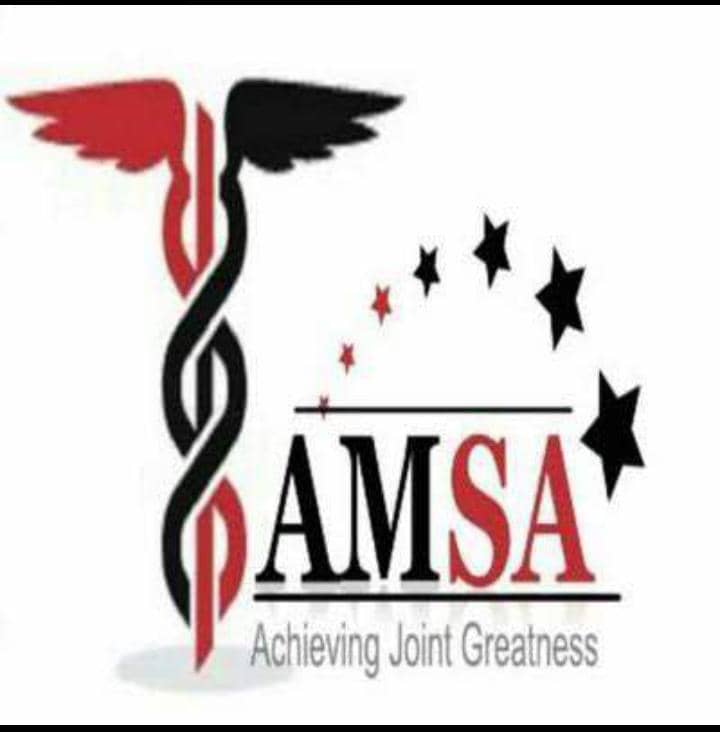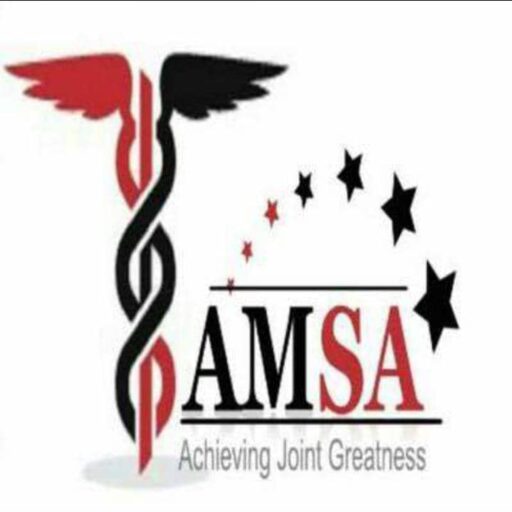In today’s case study, we’re looking into Action Potential. The first 2 questions are -Choose the best option while the 3rd is a Clinical scenario.
1. Hyperkalemia reduces the excitability of neurons and muscle cells. Which of the following best describes the effect of increased extracel- lular potassium [K+]o?
A. Depolarizes the cell, thus reducing action potential amplitude
B. Depolarizes the cell, thus inactivating voltage-gated Na+ channels
C. Hyperpolarizes the cell, which increases the action potential
threshold
D. Increases the activity of the Na-K-ATPase, which hyperpolarizes
the cell
E. Stimulates endocytosis of Na+ channels 38
2. The velocity of action potential conduction is noted to be affected by various parameters. If the conduction velocity were found to be aug- mented, which of the following characteristics would most likely be decreased?
A. Action potential amplitude
B. Effective membrane capacitance
C. The concentration gradient for Na+
D. The rate at which Na+ channels open in response to depolarization E. Na+ channel density uniformly along a fiber
3. A 6-year-old boy is brought to the family physician after his parents noticed that he had difficulty moving his arms and legs after a soccer game. About 10 minutes after leaving the field, the boy became so weak that he could not stand for about 30 minutes. Questioning revealed that he had complained of weakness after eating bananas, had frequent muscle spasms, and occasionally had myotonia, which was expressed as difficulty in releasing his grip or diffi- culty opening his eyes after squinting into the sun. After a thorough physical examination, the boy was diagnosed with hyperkalemic periodic paralysis. The family was advised to feed the boy carbohydrate-rich, low-potassium foods, give him glucose-containing drinks during attacks, and have him avoid strenuous exercise and fasting.
◆ What is the effect of hyperkalemia on cell membrane potential?
◆ What is responsible for the repolarizing phase of an action potential?
◆ What is the effect of prolonged depolarization on the skeletal muscle Na channel.
Answers will be provided next week . Questions are answered in the comment section of this blog post.
Good luck ❤️&💡
REFERENCES
Byrne JH. Resting potentials and action potentials in excitable cells. In: Johnson LR, ed. Essential Medical Physiology. San Diego, CA: Elsevier Academic Press; 2003:71-96.
Moczydlowski EG. Electrical excitability and action potentials. In: Boron WF, Boulpaep EL. Medical Physiology. Philadelphia, PA: Elsevier Science;2003:172-203.



